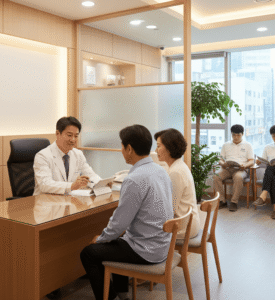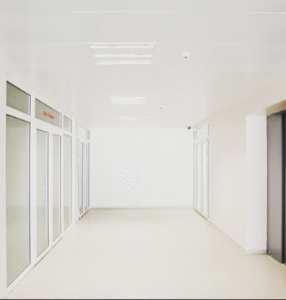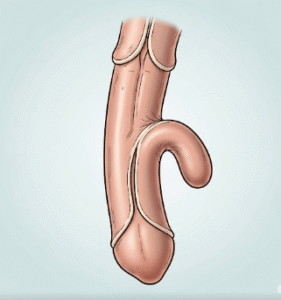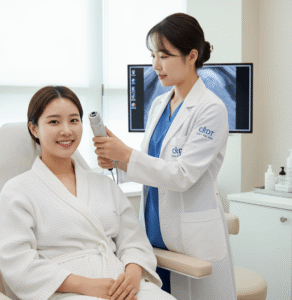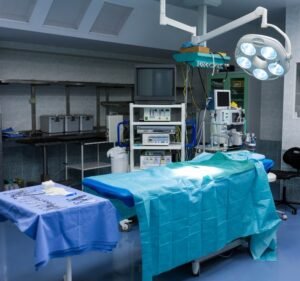Overview
Renal agenesis is a congenital condition where one (unilateral) or both (bilateral) kidneys fail to develop during fetal growth. Unilateral renal agenesis often remains asymptomatic and compatible with normal life, whereas bilateral renal agenesis is usually fatal shortly after birth. Korea provides advanced prenatal diagnostics, pediatric nephrology, and specialized care for affected individuals.
What is Renal Agenesis?
Renal agenesis occurs when the kidneys do not form properly in the womb. Unilateral agenesis means one kidney is missing, often discovered incidentally. Bilateral agenesis means both kidneys are absent, leading to severe complications incompatible with life.
Symptoms
- Unilateral agenesis usually has no symptoms; many individuals are unaware of the condition
- Bilateral agenesis leads to severe oligohydramnios (low amniotic fluid) during pregnancy
- Newborns with bilateral agenesis often experience respiratory distress and renal failure
Causes
- Genetic mutations affecting kidney development
- Disruption of fetal blood supply or developmental signals
- Unknown environmental factors during pregnancy
Risk Factors
- Family history of congenital kidney anomalies
- Maternal diabetes or drug exposure during pregnancy
- Certain genetic syndromes associated with kidney malformations
Complications
- Reduced renal function in unilateral cases if the single kidney is damaged
- Life-threatening complications in bilateral agenesis, often resulting in stillbirth or neonatal death
- Increased risk of hypertension and kidney disease later in life for unilateral cases
Prevention
- Prenatal screening and ultrasound to detect kidney anomalies early
- Genetic counseling for families with history of kidney malformations
- Avoidance of harmful substances during pregnancy
Treatment Options in Korea
Diagnosis
- Prenatal ultrasound and fetal MRI for early detection
- Postnatal kidney ultrasound and function tests
- Genetic testing when syndromic conditions are suspected
Medical Treatments
- Monitoring and protecting the function of the existing kidney in unilateral agenesis
- Management of complications such as urinary tract infections or hypertension
- Supportive care for infants with bilateral agenesis, though prognosis is poor
Interventional & Surgical Treatments
- Rarely required for unilateral agenesis unless associated anomalies need correction
- Dialysis and kidney transplantation options for infants with severe renal impairment
Advanced Therapies
- Use of fetal medicine techniques for monitoring high-risk pregnancies
- Multidisciplinary care involving neonatologists, pediatric nephrologists, and geneticists
Rehabilitation and Support
- Lifelong monitoring of kidney health in unilateral cases
- Nutritional counseling and lifestyle advice to preserve renal function
- Psychological support for families facing congenital kidney disorders
Top Hospitals or Clinics in Korea for Renal Agenesis
- Seoul National University Hospital – Leading prenatal diagnosis and pediatric nephrology
- Asan Medical Center – Advanced fetal medicine and neonatal care
- Samsung Medical Center – Expertise in congenital kidney disorders and transplantation
- Yonsei Severance Hospital – Comprehensive multidisciplinary pediatric care
- Korea University Anam Hospital – Specialized in genetic and congenital renal diseases



